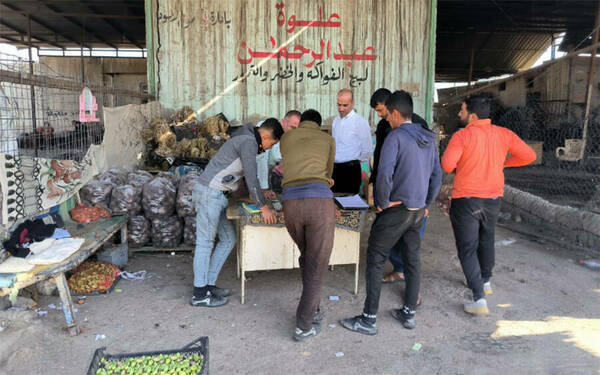Researchers from Notre Dame’s Pulte Institute for Global Development discussed their efforts to identify and restore traditional agricultural methods used by minority groups in Iraq during an event on Tuesday, June 13, at the Keough School Washington Office.
The rise of the Islamic State and other sectarian tensions led to violence that killed tens of thousands of Iraqis and displaced millions between 2014 and 2017. Efforts since then have focused on stabilizing the country and promoting reconciliation.
Through a USAID LASER PULSE project, “Support for Traditional Cultural Practices in Northern Iraq,” Pulte Institute researchers collaborated with colleagues from Purdue and Indiana universities, the Stockholm International Peace Research Institute, and the University of Duhok in the Kurdistan region of Iraq. Together, they conducted an interdisciplinary study to document and support the restoration of agricultural customs that were threatened among minority groups affected by IS.
“Agriculture is a core component of heritage and plays an important role in re-balancing societies and bringing people together,” says Sean O’Neill, Pulte Institute program manager and the project’s principal investigator. “A sense of belonging is often tied to agroecological practices and culinary traditions. Cultivating this shared knowledge can create stability, foster social cohesion, and improve livelihoods.”
The project integrates traditional knowledge systems to bring innovative solutions and sustainable development. Activities include creating an index tracking the traditional use of wild plants by various ethnic groups, reestablishing olive groves to serve as cash crops for farmers, and building four botanical gardens to raise and care for local plants.
